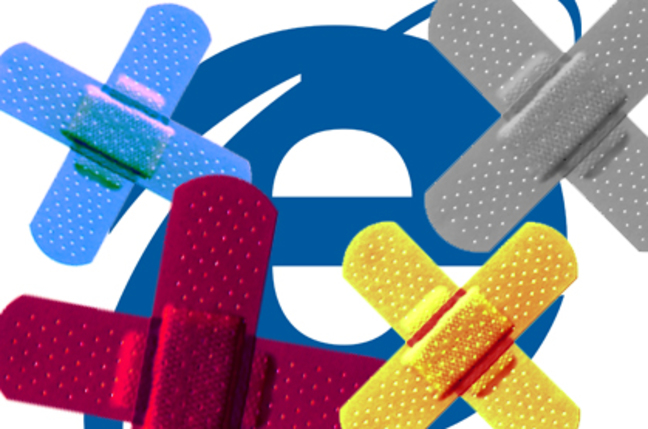The Death of Internet Explorer in NameOnly

When Microsoft talked up the company's next-generationbrowser, code-named "Project Spartan," at this week's WindowsConvergence conference in Atlanta, the obituaries came pouring in forInternet Explorer. It flashed on the screen of CNBC, it was on every generalnews site and was talked about all over social media.
Perhaps those outside of IT hadn'theard about Project Spartan, which Microsoft began talking about in some detail back in January. Microsoft explainedat the time that the new browser will contain a new rendering engine,called "EdgeHTML." To create that new rendering engine, Microsoftforked the code in Internet Explorer's Trident engine. Spartan will offer bothrendering engines, including the legacy MSHTML engine used for Trident. As reported by my colleague Kurt Mackie:
“Organizations will be able to use the Spartan browser even if theyhave legacy IE support issues to address. When legacy support needsarise, Spartan will be capable of running the old IE Trident engine viaEnterprise Mode. Microsoft's Enterprise Mode technology is an IE 11 solutionthat emulates earlier IE browser technologies all of the way back to IE 5 forcompatibility purposes.”
Reports this week that Microsoft iskilling the Internet Explorer brand do appear to be the long-term plan from abranding perspective. MIT Technology Review Senior Editor Rachel Mertzis among those who believe Microsoft should retire Internet Explorer.
"The changes both to the browserand the branding make a lot of sense," she wrote. "InternetExplorer, first released in the mid-1990s, dominated the browser marketat its peak in the early 2000s, but it came to be associated with poor securityand compatibility with other browsers and has since languished.Spartan's success is critical if Microsoft is to remain relevant in the Webbrowser business a market in which it used to dominate but now trailsGoogle's Chrome."
At the same time, enterprise usersaren't going to want to see Internet Explorer, or at least the renderingcapabilities of whatever it calls its next browser, go away. For its part,Microsoft is promising the new browser will offer the same compatibility it hasoffered in past upgrades."Project Spartan is Microsoft's next generationbrowser, built just for Windows 10," according to a company statement."We will continue to make Internet Explorer available with Windows 10 forenterprises and other customers who require legacy browser support."
Now the question is: what willMicrosoft call its new browser?
ArticleSource: http://redmondmag.com/blogs/the-schwartz-report/2015/03/the-death-of-internet-explorer.aspx
Image Source: http://regmedia.co.uk/2014/05/23/internetexplorerpatchingvulnerabilitiesmicrosoft.jpg?x=648&y=429&crop=1
VOCABULARYWORDS:
1. Obituary (n.) ~ a published notice ofdeath
2. Browser (n.) a program that accessesand displays files and other data available on the internet
3. Perspective (n.) ~ an understand of howaspects of a subject relate to each other
4. Legacy (n.) ~something handed down from ancestors or from the past
5. Brand (v.) ~ to provide with orpublicize using a brand name
6. Dominate (v.) ~ to control, govern, orrule
7. Languish (v.) ~ to become weak
8. Render (v.) ~ to give or provide
QUESTIONSFOR DISCUSSION:
1. What browser do you usually use whenyou are on the internet? Why?
2. Did you ever encounter any problemswhile using the internet explorer? Tell me about it.
3. What is your opinion on “killing off”internet explorer?
4. What kind of feature/s would you likethe new Microsoft browser to have?